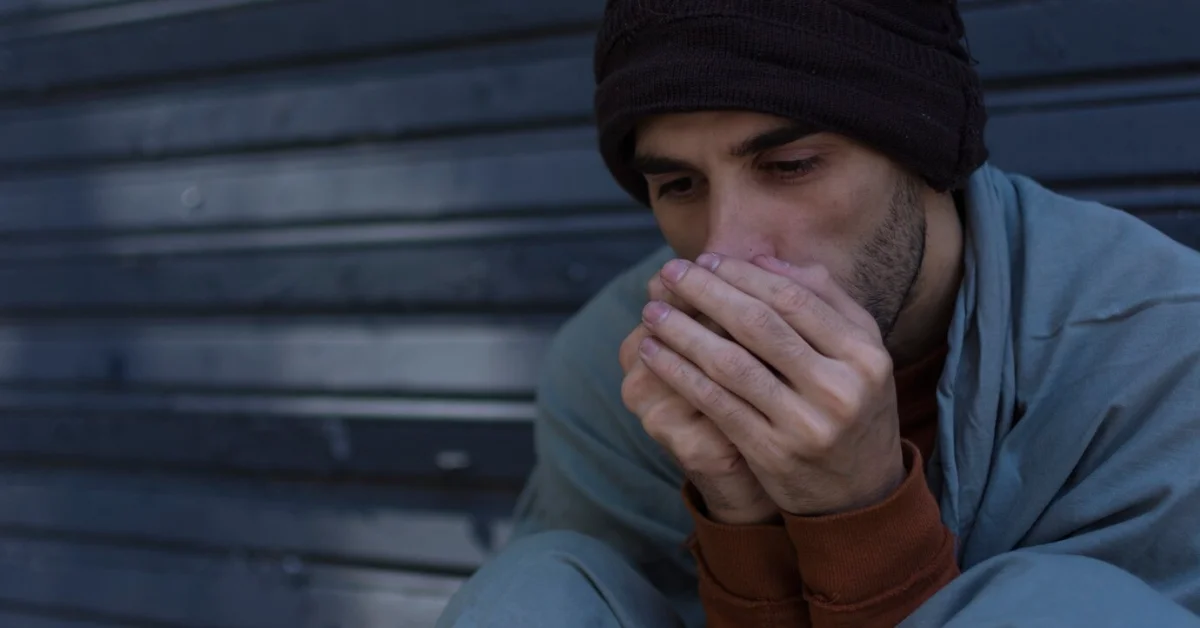Drug Possession Charges: What You Need to Know

Have you or someone you know ever wondered what happens if you’re caught with drugs? This experience can feel frightening and overwhelming. Many people don’t understand what drug possession charges mean, how serious they are, or what the consequences might be.
This article will explain everything clearly and in plain terms. You’ll learn about different types of drug possession, possible penalties, and what can make a case more or less serious.
What Counts as Drug Possession
Drug possession means having a drug that is against the law to own. The substances might be found in your possession, purse, vehicle, or living space. The drug doesn’t have to be on you for you to be charged.
There are two main types of possession. One is actual possession, which means the drug is on you or in your pocket. The other is constructive possession, which means the drug was somewhere you had access to, like your car or house.
Why the Type of Drug Matters
The type of drug you have can make a big difference. Certain substances are considered more harmful than different ones. For example, marijuana may not lead to as harsh a punishment as drugs like cocaine or heroin.
Each drug is placed into a category or “schedule.” These categories help courts decide how serious the case is. Class I substances are viewed as the most hazardous and typically result in severe penalties.
How Location Changes the Rules
Each state has different rules regarding controlled substances. In some places, having a small amount of marijuana might only be a fine.
Some states have more help for people with drug problems. They may offer drug treatment programs instead of jail. To learn more about penalty for simple possession in sc, it’s helpful to look at state laws or speak to a lawyer in your area.
What Penalties Can Look Like
Penalties for drug possession can be very different depending on the case. But if the drug is stronger, or if you’ve been caught before, the punishment can be more serious.
Penalties might include paying money, doing volunteer work, or serving prison time. If you’re caught near a school or with a large amount of drugs, things can get worse. That’s because the law sees those actions as more dangerous.
How Legal Defenses Can Help
A good defense can reduce penalties or dismiss the case entirely. Lawyers might argue that the police searched you in the wrong way or that the drugs weren’t yours.
Sometimes, people are charged with something that doesn’t match the facts. It’s wise to speak with a lawyer who understands these laws to get the best possible help.
What Happens After a Charge
After a drug possession charge, the next steps depend on your case. You may have to go to court. The judge will look at your past, the type of drug, and where the crime happened.
Some people are given programs to help them stop using drugs. This means the charge might not show up later when applying for jobs or school.
What You Should Take Away From This
Knowing the laws, the types of drugs, and how your state handles things makes a big difference. While getting charged can feel scary, there are ways to fight back, get help, and move forward.
Regardless of your experience level, understanding legal processes provides confidence and reduces anxiety.
